In today's hands-on world, do-it-yourself (DIY) projects have become a popular hobby and necessity for many. Whether it's electronics repair, model building, or any other craft requiring soldering, the need for a clean and safe workspace is paramount. Soldering, although a crucial skill, produces fumes that can be harmful if inhaled over time. Enter the humble yet essential tool: the smoke absorber or fume extractor. This article unveils how you can create your ultimate 12V solder fume extractor, combining efficiency with affordability.
### Understanding the Necessity
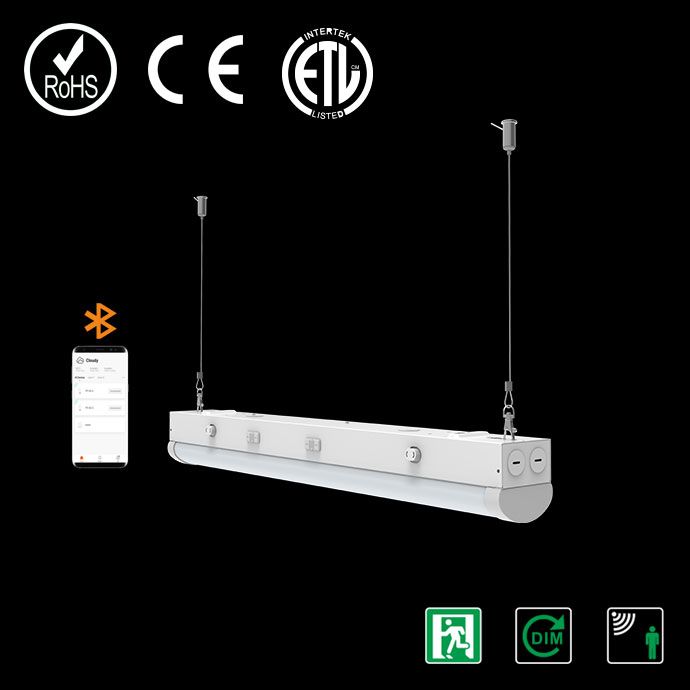
Soldering involves melting solder to join electronic components, releasing fumes containing flux, metal oxides, and other particulates. These fumes can lead to respiratory issues and irritate the eyes and throat. For frequent DIY electronics enthusiasts, prolonged exposure could pose serious health risks. Therefore, integrating a functional fume extractor into your workspace is critical.
### Components of a DIY 12V Solder Fume Extractor
Creating your own solder fume extractor requires some basic components easily available online or at local electronics stores. Here's what you'll need:
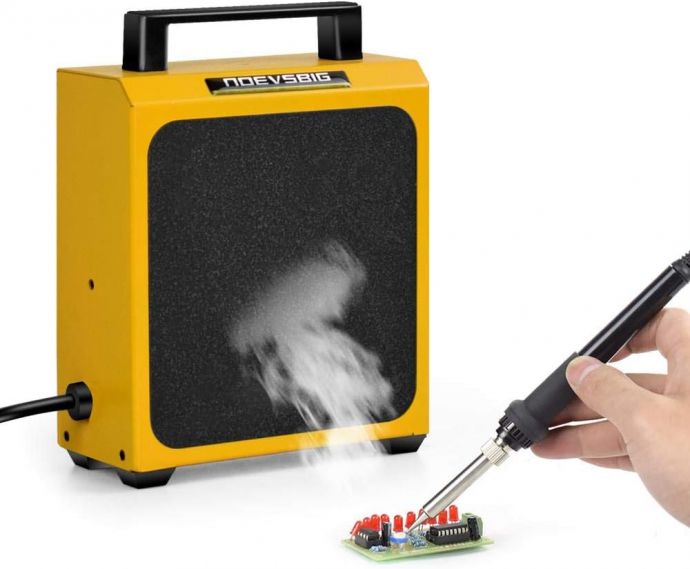
1. **12V DC Fan**: The primary component that moves air and smoke away from your workspace. Opt for a fan that offers a good airflow rating (measured in CFM - cubic feet per minute).
2. **Activated Carbon Filter**: Essential for absorbing harmful fumes and odors. These can be bought as standalone filters or as sheets that can be cut to size.
3. **Power Supply**: A 12V power adapter or a battery pack to power the fan. Ensure that the power supply can provide sufficient current for the fan.
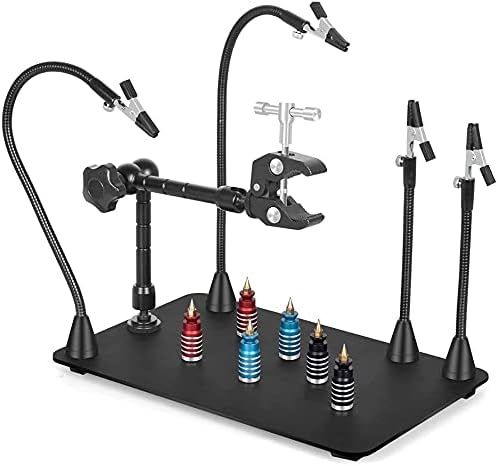
4. **Housing/Frame**: A casing to mount the fan and hold the filter. This could be a repurposed item like a plastic storage container or a custom-designed 3D-printed frame.
5. **Switch**: A simple on/off switch to control the fan.
6. **Wiring and Connectors**: Basic electrical wires and connectors to link your components together securely.
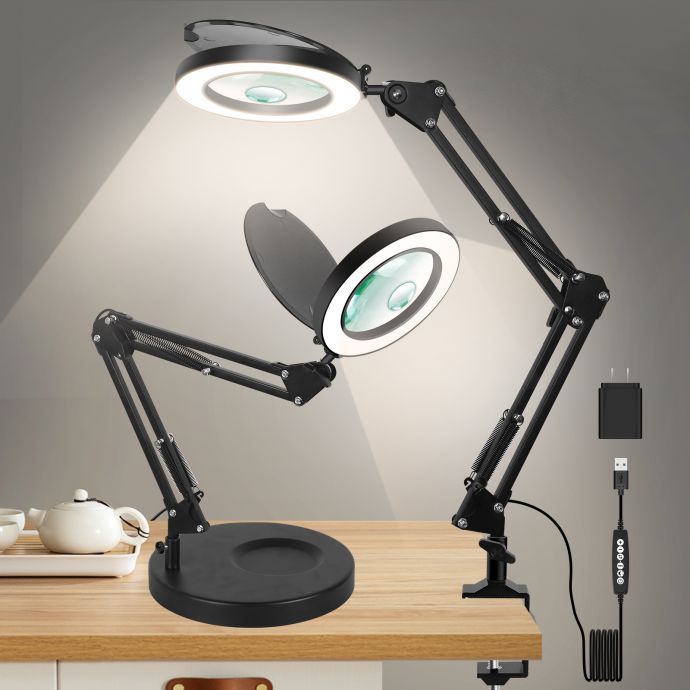
### Step-by-Step Assembly
1. **Designing the Frame**: Depending on your comfort with tools, your frame can be as simple or as complex as you wish. For a minimalist approach, a small plastic container with a cutout for the fan and filter works well. Ensure that your fan fits snugly into the frame to avoid air leakage.
2. **Mounting the Fan**: Secure the fan inside the frame with screws or glue. For optimal performance, the fan should be positioned such that it draws air through the filter. Depending on fan design, use additional mounts or brackets for stability.
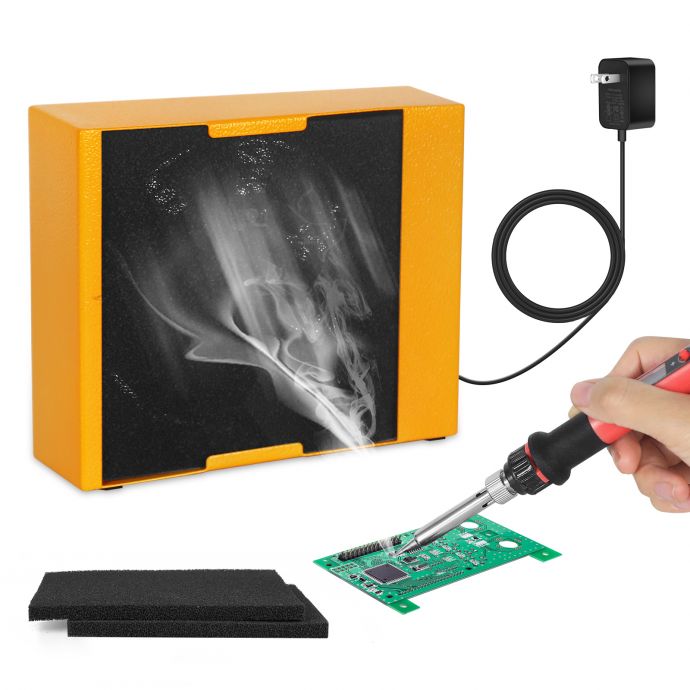
3. **Installing the Filter**: Fix the activated carbon filter securely at the air intake of the fan. If using filter sheets, cut them to fit perfectly within the housing. Ensure that the filter can be easily replaced when required.
4. **Wiring the Components**: Connect the fan to the power supply using appropriate wiring. Integrate the on/off switch into the circuit to provide easy control. If using a battery power source, consider incorporating a battery holder for convenience.
5. **Testing and Troubleshooting**: Before finalizing your setup, test the extractor to ensure it functions correctly. Check the fan’s airflow, the secure placement of filters, and the operation of the switch. Adjust any loose components to minimize noise and maximize efficiency.

### Enhancements and Customizations
Once the basic extractor is functional, consider adding features to improve performance or aesthetic appeal:
- **Speed Control**: A fan speed controller or rheostat can allow for adjusting the suction power based on the intensity of the soldering task.
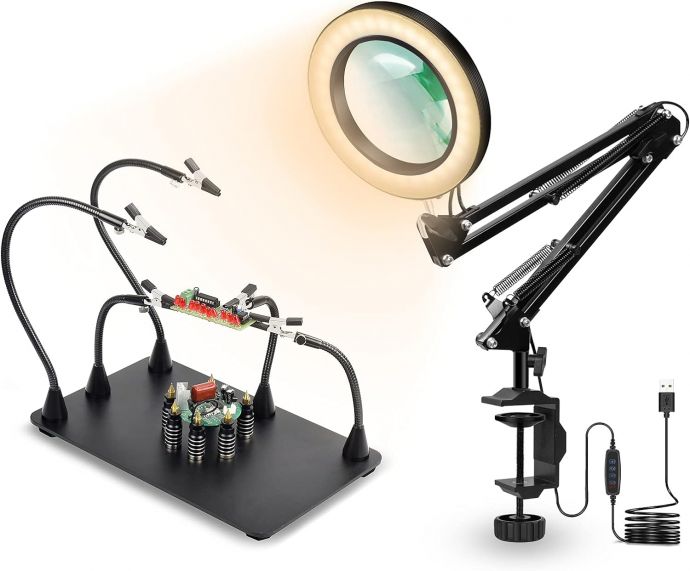
- **LED Lighting**: Enhance visibility in your workspace by adding LED strips inside the frame.
- **Portability Features**: Attach a handle or a stand to make your fume extractor easily transportable.
- **Rechargeable Battery System**: For a cordless experience, integrate a rechargeable battery and charging circuit.
### Maintenance and Upkeep
Maintaining your solder fume extractor ensures prolonged effectiveness:
- **Regular Filter Replacement**: Activated carbon filters degrade over time and need periodic replacement to continue absorbing fumes effectively. Check them monthly or as needed.
- **Cleaning the Fan and Housing**: Dust and residue can accumulate, so clean the fan blades and housing periodically to maintain optimal airflow.
- **Inspecting Connections**: Regularly check all wiring and connections for wear or damage to avoid electrical issues.
### Benefits of DIY Fume Extractors
Constructing your own solder fume extractor offers numerous advantages. Firstly, it's cost-effective, eliminating the need to purchase an often expensive commercial unit. Additionally, it provides a custom solution tailored to your workspace and usage preferences. Engaging in this DIY project isn’t just practical; it's a satisfying endeavor that enhances your maker skills and technical knowledge.
### Conclusion
Building your own 12V solder fume extractor is an excellent project that amalgamates creativity, practicality, and safety. By understanding the components and assembly process, you create an indispensable tool for your DIY workspace. More importantly, you elevate your soldering experience, protecting yourself from harmful fumes and cultivating a healthier crafting environment. Embrace this opportunity to achieve DIY mastery while safeguarding your well-being.









